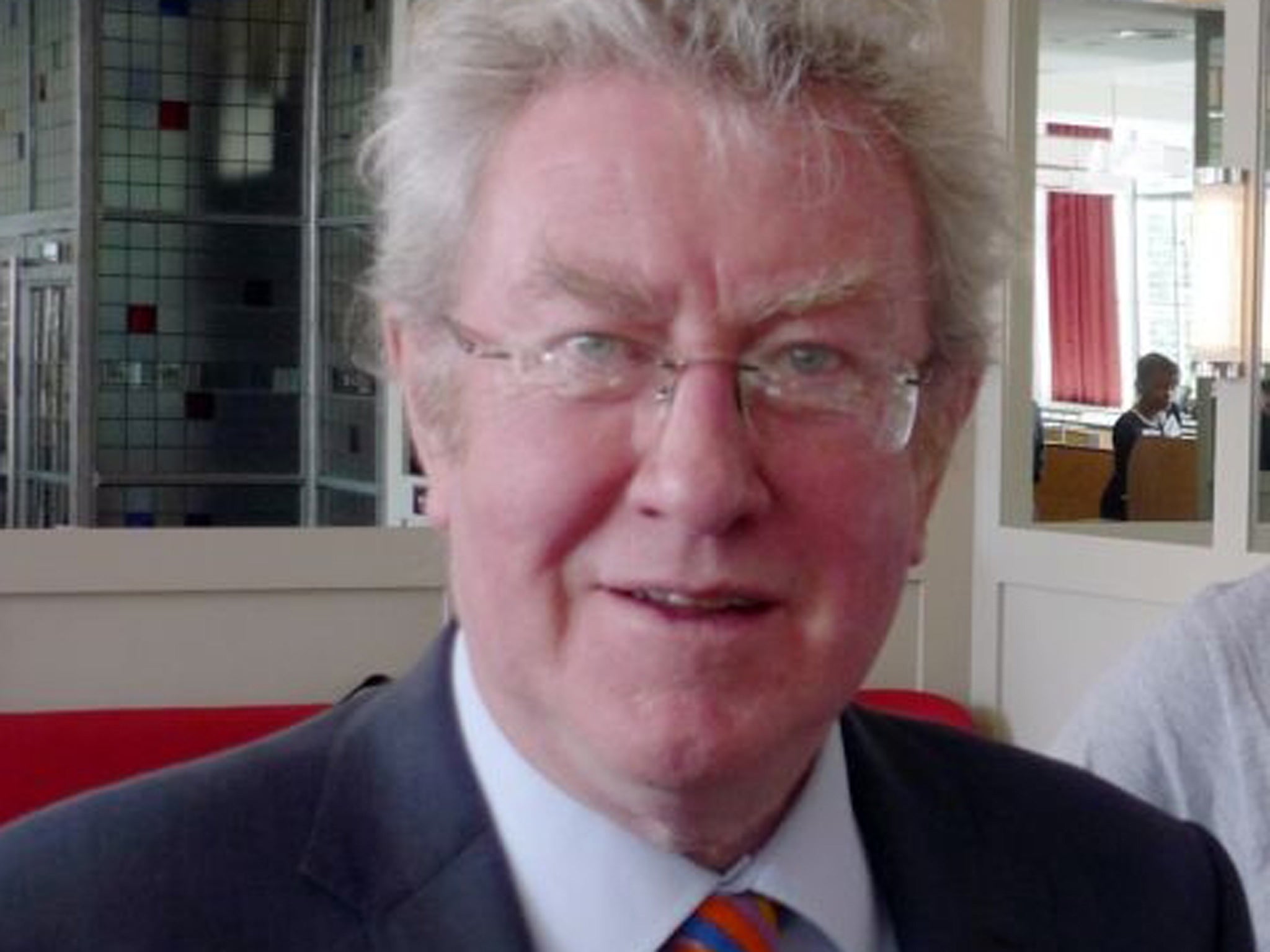Professor Geoffrey Pearson: Criminologist noted for his research into violence among the young

Among the cacophony of cant and ignorance masquerading as social commentary that followed Britain’s 2011 riots, there were few credible voices of understanding, let alone attempts to place the youthful violence, nihilism, and looting within anything approaching a historical perspective. Yet as clichés were rolled out about the riots being without precedent, a sure sign of a radical and dangerous departure from the subservience of the past, the carefully modulated tones of Geoffrey Pearson, author of the ever-pertinent study Hooligan: A History of Respectable Fears, came once again to the fore
He was born in Manchester, the only son of a Co-op worker and a Labour activist. At Peterhouse College, Cambridge, he studied moral sciences (philosophy and psychology) then carried out postgraduate studies before working with people with disabilities in Sheffield, and later trained as a psychiatric social worker at the LSE before returning to Sheffield to practise. .
Much of Pearson’s early career was in social-work education and training, first as a lecturer at Sheffield Polytechnic, then at University College, Cardiff. While at Cardiff he published his first major work, The Deviant Imagination (1974), which explored the assumptions and ideological foundations of a wide range of theories of deviance. It was critical of the burgeoning subjective politics of identity that was a direct threat to the traditional socialism that had nurtured his boyhood and youth. Most importantly in terms of his subsequent career, it established historical precedents for many contemporary policies and social attitudes, particularly those relating to youthful hedonism.
In 1976 Pearson joined the University of Bradford, where he published Hooligan: A History of Respectable Fears (1980) the study for which he was best known. Hooligan is concerned with the recurrence of a form of cultural pessimism that regards youth crime as a threatening departure from the stable traditions of a “golden age”. Whether the triggers for youth deviance were regarded as music hall, gangster movies or rock’n’roll, he identified a connected vocabulary of respectable fears stretching back to Victorian times and beyond. Hooligan will remain relevant for as long as the default reaction to youth violence continues to disinter such notions.
Yet his work does not deny that youth and the communities that spawn them have undergone huge changes. As he noted in the wake of the 2011 riots: “How do you reintegrate people who were not integrated in the first place?”
Pearson was always careful not to glamorise deviance, and in The New Heroin Users (1987) he gave a voice to users and addicts, confounding many stereotypes concerning this demonised group, who were concentrated in areas already suffering unemployment, poor housing and poverty.
In 1985 he became Professor of Social Work at Middlesex Polytechnic, during which time he was a member of the Council for Education and Training in Social Work, and worked on projects including a critical study of multi-agency policing, written in the wake of the Scarman Report.
In 1989 he moved to Goldsmiths as Professor of Social Work, and later of Criminology. For eight years he was editor-in-chief of the British Journal of Criminology, and was a member of the Runciman inquiry into drugs and the law and vice-chair of the Institute for the Study of Drug Dependency. He carried out studies of drug use among young people in care, of drug markets, and the policing of drugs.
Although he retired in 2008, his inquisitiveness and natural affinity with blighted communities led him to chair the Independent Commission on Social Services in Wales that produced a highly critical report in 2010.
A talented jazz pianist, and lifelong Manchester United fan, he was the most sociable of men who always had a story to tell but who knew when to listen. When nurturing and inspiring younger ethnographers of crime and deviance, he encouraged them to dig out stories of marginalised individuals and groups, and whenever possible let them speak for themselves.
Geoffrey Pearson, academic and writer: born Manchester 26 March 1943; three times married, thirdly to Marilyn Lawrence (three sons, one daughter); died London 5 April 2013.
Subscribe to Independent Premium to bookmark this article
Want to bookmark your favourite articles and stories to read or reference later? Start your Independent Premium subscription today.

Join our commenting forum
Join thought-provoking conversations, follow other Independent readers and see their replies